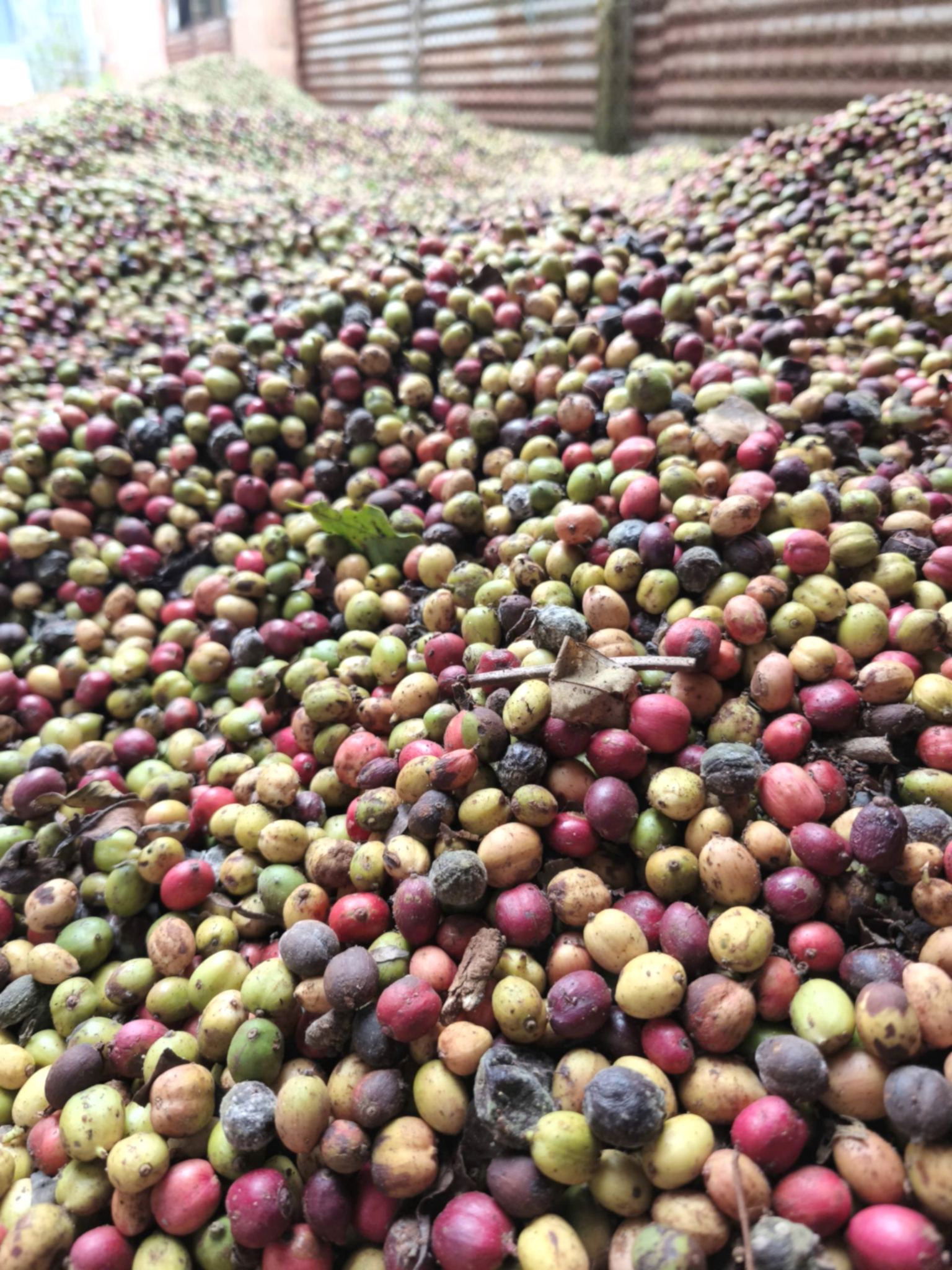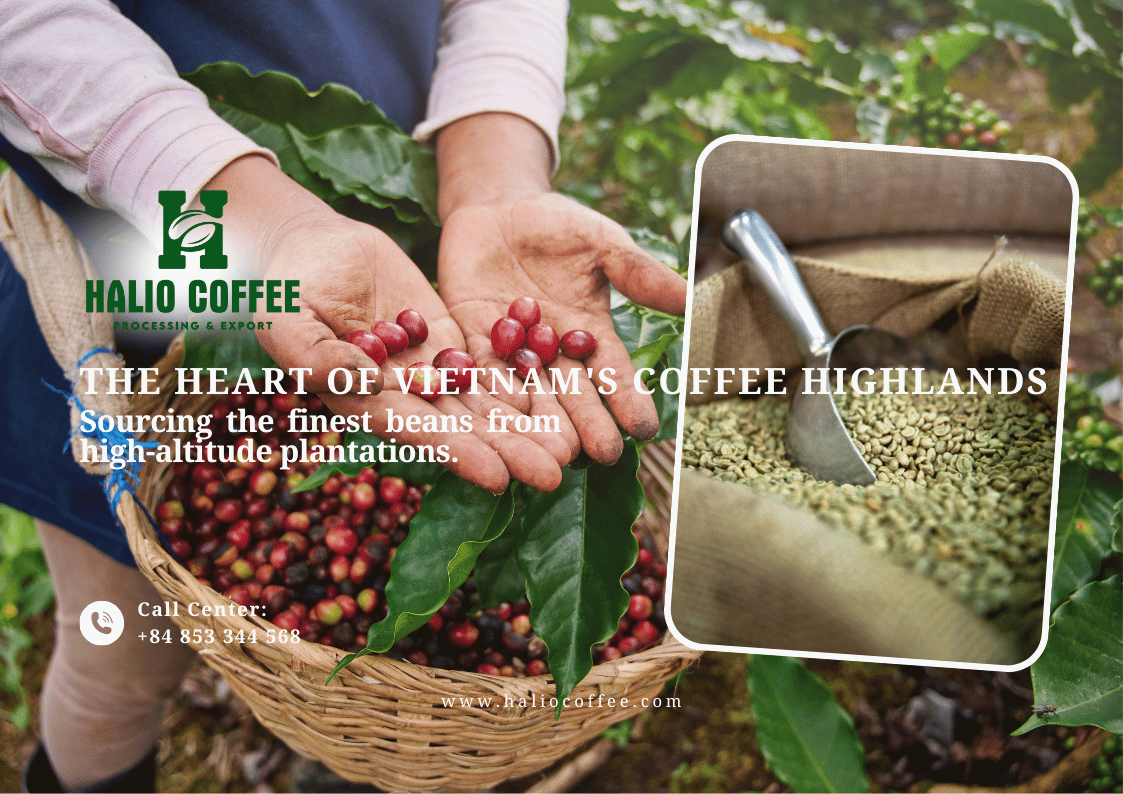How to Brew Coffee Beans: Insights from Vietnam and the Global Coffee Industry
Coffee is more than a beverage—it is a billion-dollar industry connecting farmers, exporters, roasters, and distributors worldwide. For companies involved in the coffee trade, understanding the journey from fresh coffee cherries to the final brewed cup is essential. In this article, we explore how to brew coffee beans effectively, highlight Vietnam’s role in the global supply chain, and provide technical knowledge relevant to producers and distributors.
Why Brewing Knowledge Matters in the Coffee Supply Chain
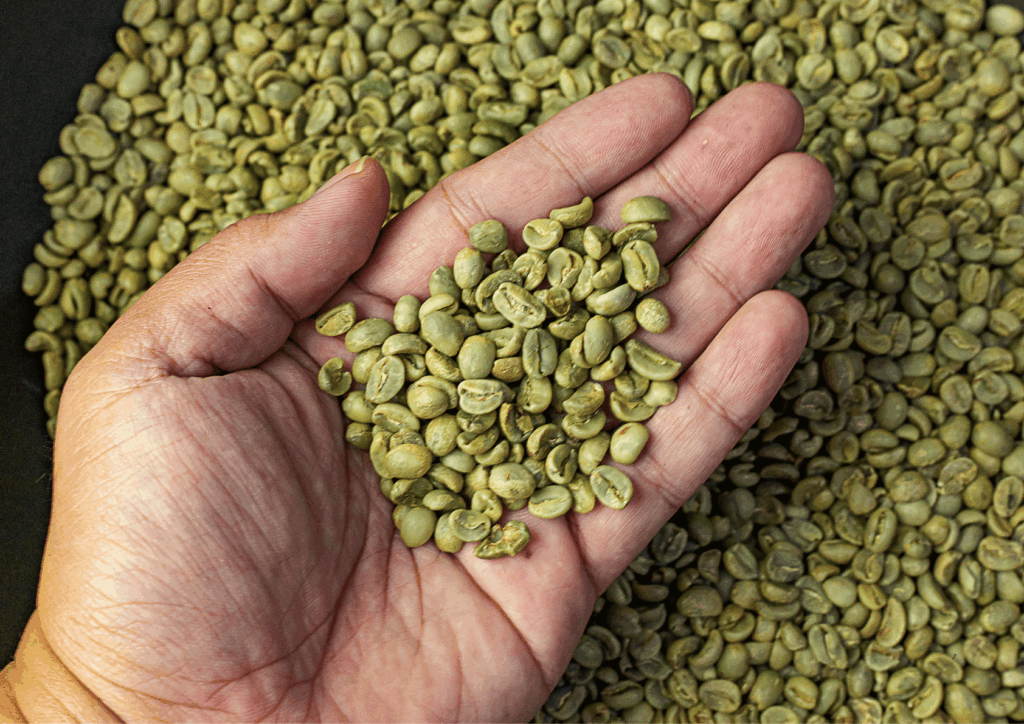
Knowing how to brew coffee beans is not just for baristas or consumers—it has implications across the industry:
- Producers can better position their beans when they understand how different brewing methods highlight specific qualities.
- Distributors benefit from promoting the right brewing methods for each market segment.
- Roasters can tailor roast profiles that align with brewing techniques, from espresso to filter coffee.
By linking green bean production to brewing outcomes, companies can deliver greater value to customers.
Whole Bean Coffee and Its Role in Brewing
Before exploring brewing techniques, it is important to note the significance of whole bean coffee. Compared to pre-ground coffee, whole beans:
- Preserve freshness and aroma longer.
- Allow end-users to grind beans according to brewing method (espresso, pour-over, French press).
- Provide greater quality assurance for roasters and distributors.
In professional coffee markets, whole bean coffee is the preferred format for ensuring consistent results in brewing.
See more:
- Arabica Natural Processed Coffee Beans
- Halio Coffee – Your Trusted Fresh Coffee Distributor of Robusta & Arabica Beans
Common Brewing Methods for Coffee Beans
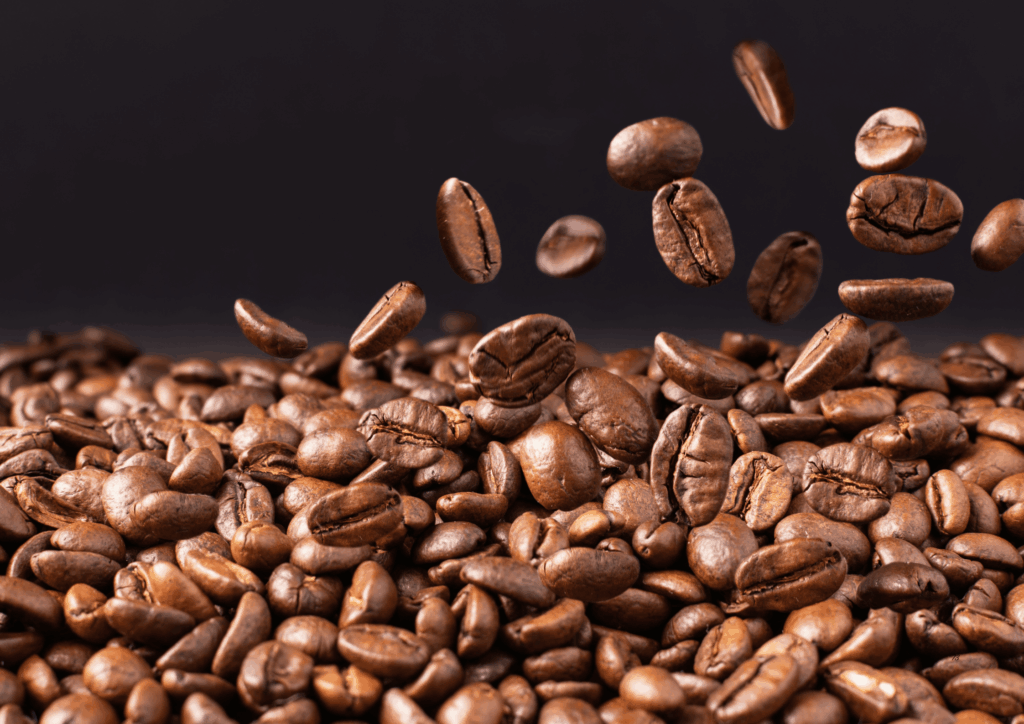
Brewing coffee is both science and art. The method chosen influences extraction, flavor, and consumer experience. Here are the most common and effective techniques:
Espresso Brewing
- Requires finely ground coffee and high pressure.
- Produces concentrated, intense coffee.
- Highlights sweetness and body, making it suitable for blends that include Vietnamese robusta.
Pour-Over Brewing
- Uses medium-fine grind and manual water pouring.
- Accentuates acidity, clarity, and floral notes.
- Ideal for high-quality arabica from Vietnam’s Lam Dong and Son La regions.
French Press Brewing
- Uses coarse ground beans steeped in hot water.
- Produces full-bodied coffee with rich oils.
- Works well with balanced robusta-arabica blends.
Cold Brew Method
- Beans are steeped in cold water for 12–24 hours.
- Creates smooth, low-acid coffee.
- Gaining popularity in global specialty markets.
Vietnam’s Role in the Global Coffee Industry
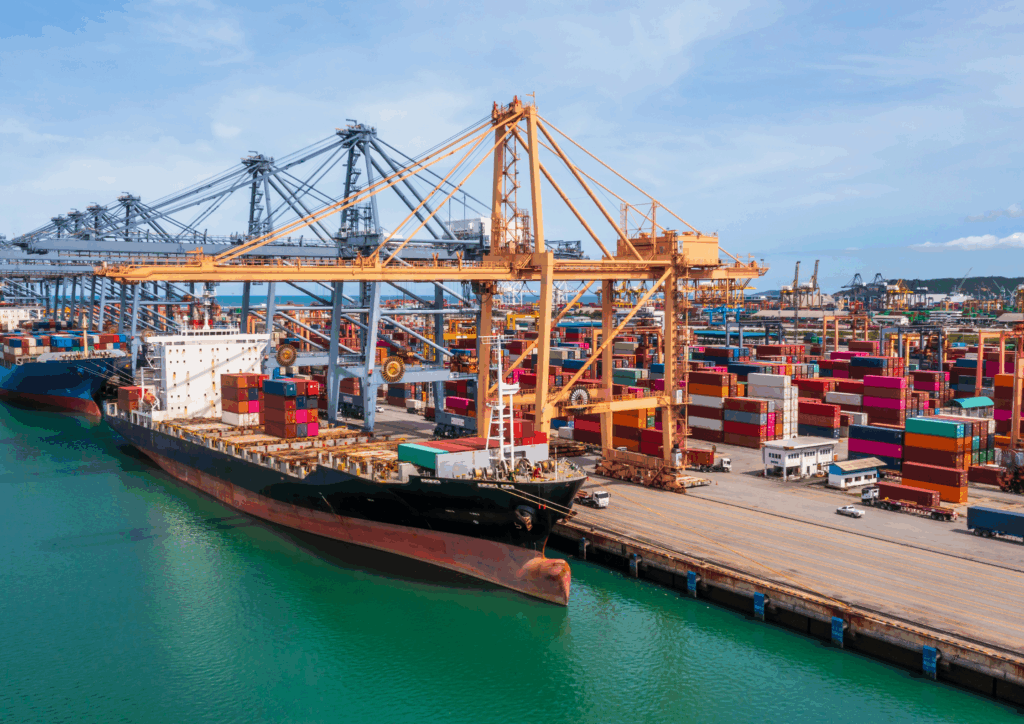
Vietnam is the world’s second-largest coffee producer and the leading exporter of robusta. Its role is expanding in specialty arabica markets as well.
Robusta Production in Vietnam
- Dominates Vietnam’s output with consistent quality and volume.
- Forms the backbone of espresso blends worldwide.
- Increasingly appreciated for unique flavor when processed with specialty techniques.
Arabica Development in Vietnam
- Grown in higher altitudes like Lam Dong, Son La, and Quang Tri.
- Used in specialty markets for its bright acidity and delicate flavors.
- New processing methods, such as raised bed drying, are improving cup quality.
Technical Factors Affecting Brewing Quality
For professional roasters and distributors, brewing quality depends on several factors beyond method choice:
Grind Size
- Fine grind for espresso.
- Medium grind for pour-over.
- Coarse grind for French press and cold brew.
Water Quality
- Ideal brewing water should have balanced mineral content.
- Poor water quality can flatten or distort coffee flavors.
Roast Profile
- Light roasts emphasize acidity and aroma.
- Medium roasts balance sweetness and body.
- Dark roasts highlight bitterness and bold flavors.
Opportunities for Coffee Businesses
For companies in Vietnam and abroad, integrating brewing knowledge into sales and marketing brings several advantages:
- Producers can demonstrate how their beans perform in specific brew methods.
- Distributors can educate clients on the value of choosing whole bean over pre-ground coffee.
- Roasters can optimize roast profiles for target brewing techniques.
In today’s competitive global market, customers increasingly expect guidance not only on bean origin but also on how to brew coffee beans for the best results.
- Coffee Prices Today, September 17: Cooling Down After Strong Rally
- Coffee Prices Today: Robusta Surges on Concerns Over Adverse Weather in Vietnam
- Behind the Scenes: An Insider’s Guide to the Vietnamese Coffee Export Procedure
- Sunwashed Robusta Coffee Beans: Unlocking the Potential of Vietnam and Global Markets
- Sourcing and Vetting Specialty Green Coffee Beans

